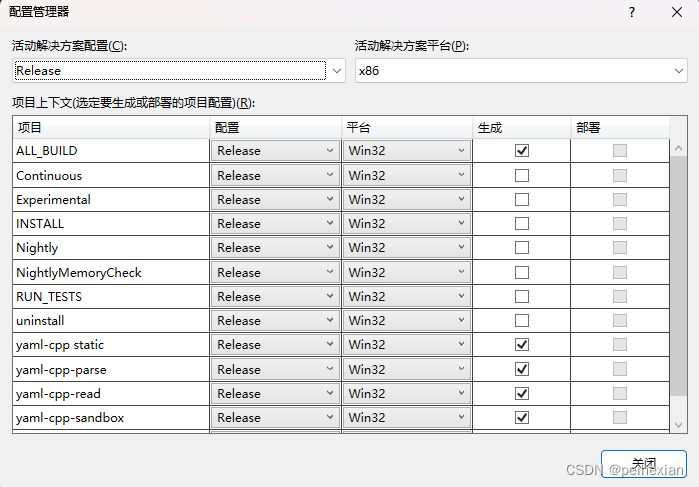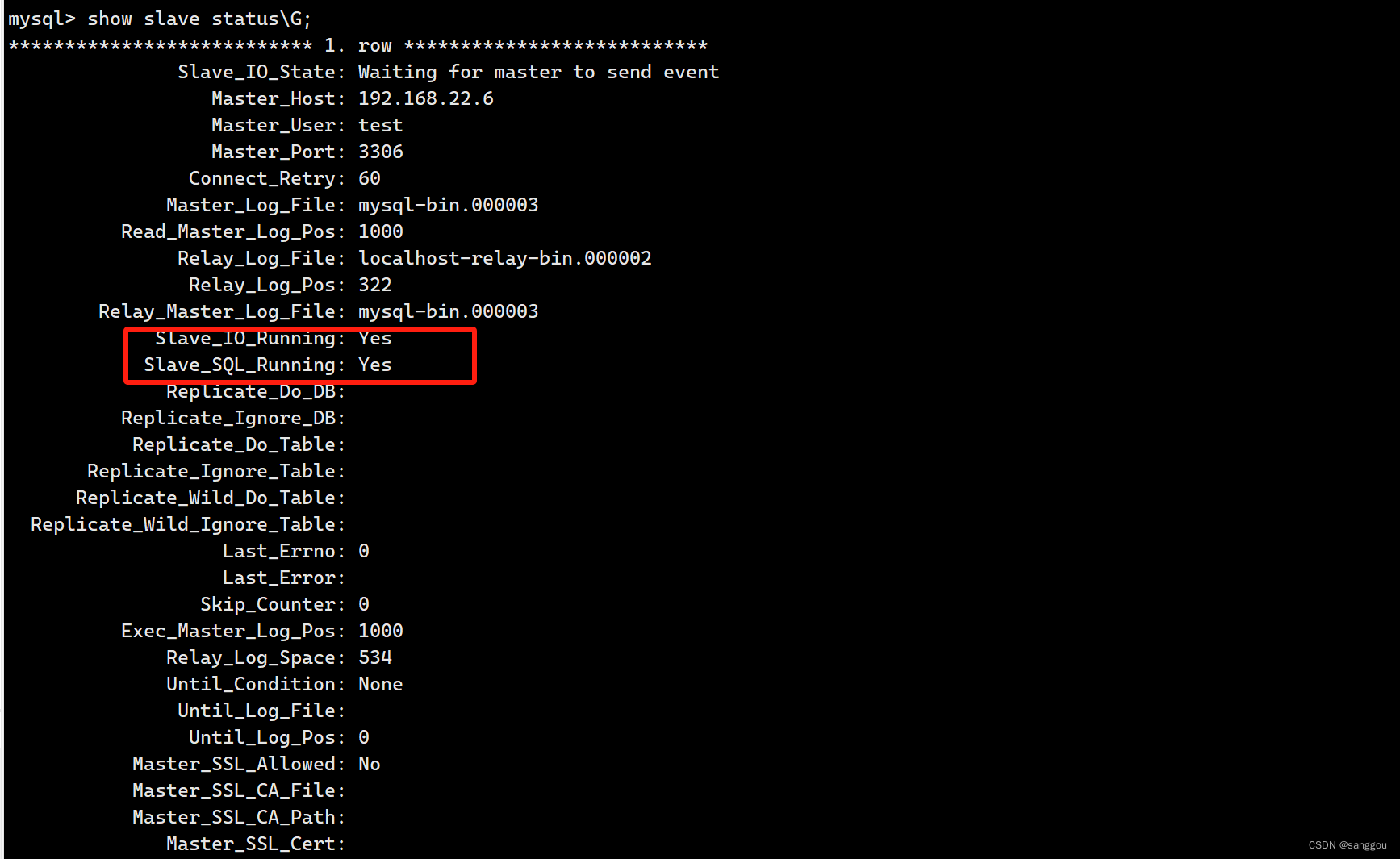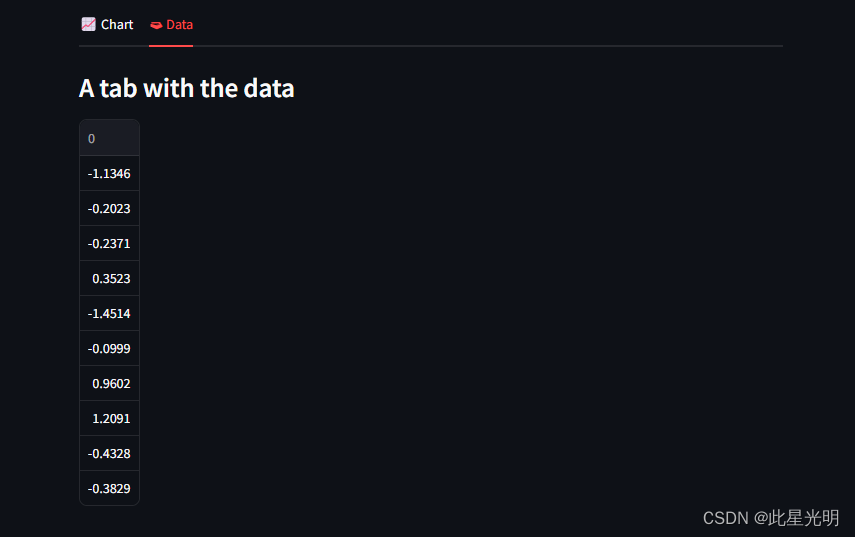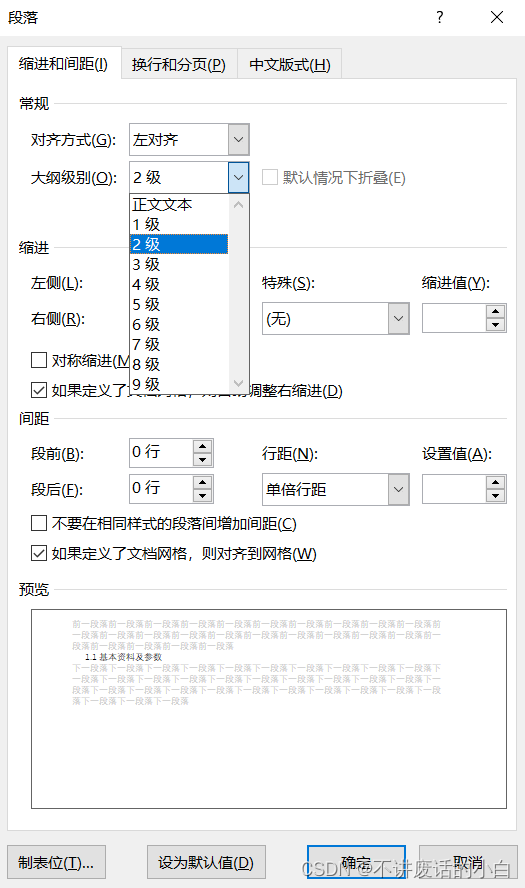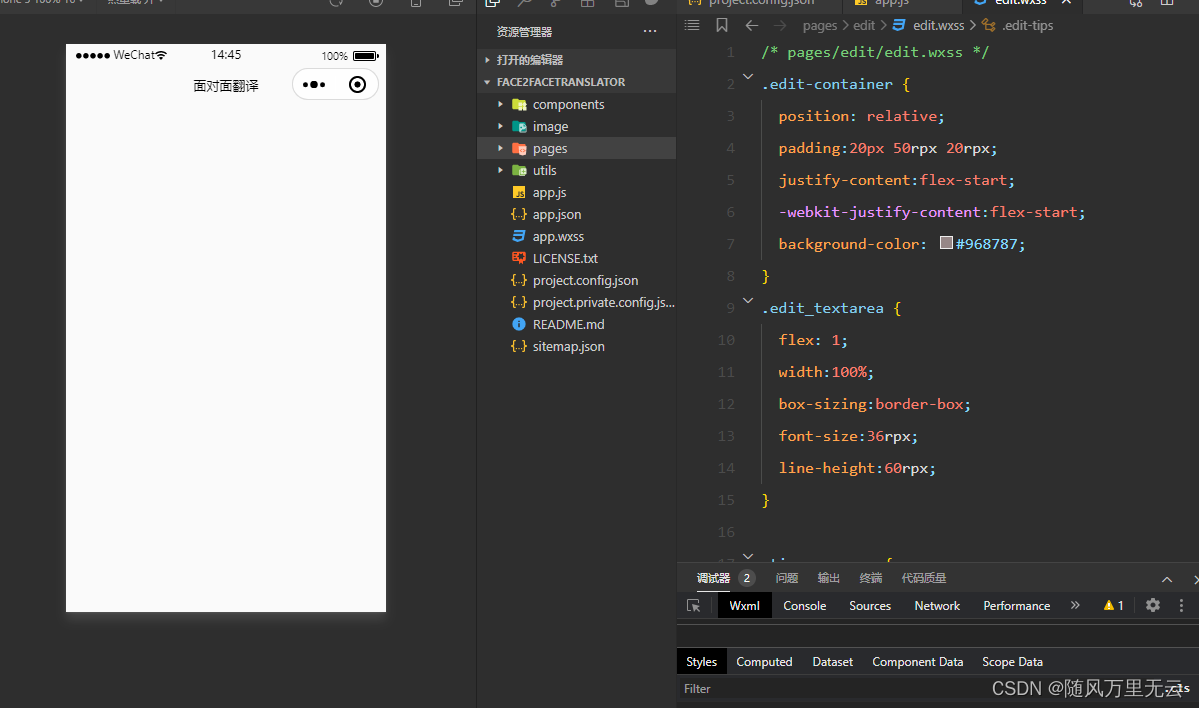Restful
- 1、入门
- 1.1 简介
- 1.2 实例
1、入门
1.1 简介
RESTFul是什么
RESTFul是WEB服务接口的一种设计风格。
RESTFul定义了一组约束条件和规范,可以让WEB服务接口更加简洁、易于理解、易于扩展、安全可靠。

1.2 实例
web.xml
<?xml version="1.0" encoding="UTF-8"?>
<web-app xmlns="http://xmlns.jcp.org/xml/ns/javaee"
xmlns:xsi="http://www.w3.org/2001/XMLSchema-instance"
xsi:schemaLocation="http://xmlns.jcp.org/xml/ns/javaee http://xmlns.jcp.org/xml/ns/javaee/web-app_4_0.xsd"
version="4.0">
<!--字符编码过滤器-->
<filter>
<filter-name>characterEncodingFilter</filter-name>
<filter-class>org.springframework.web.filter.CharacterEncodingFilter</filter-class>
<init-param>
<param-name>encoding</param-name>
<param-value>UTF-8</param-value>
</init-param>
<init-param>
<param-name>forceRequestEncoding</param-name>
<param-value>true</param-value>
</init-param>
<init-param>
<param-name>forceResponseEncoding</param-name>
<param-value>true</param-value>
</init-param>
</filter>
<filter-mapping>
<filter-name>characterEncodingFilter</filter-name>
<url-pattern>/*</url-pattern>
</filter-mapping>
<!--隐藏的HTTP请求方式过滤器-->
<filter>
<filter-name>hiddenHttpMethodFilter</filter-name>
<filter-class>org.springframework.web.filter.HiddenHttpMethodFilter</filter-class>
</filter>
<filter-mapping>
<filter-name>hiddenHttpMethodFilter</filter-name>
<url-pattern>/*</url-pattern>
</filter-mapping>
<servlet>
<servlet-name>Springmvc</servlet-name>
<servlet-class>org.springframework.web.servlet.DispatcherServlet</servlet-class>
<init-param>
<!-- 初始化参数时 可以指定springmvc配置文件的位置 以及名称-->
<!-- 其默认是存放在WEB-INF 下 名称默认是<servlet-name>-servlet.xml-->
<param-name>contextConfigLocation</param-name>
<!-- 表示在根路径下 即放在resources目录下 名称是 springmvc.xml-->
<param-value>classpath:springmvc.xml</param-value>
</init-param>
<!-- 这是一个优化策略 表示在服务器启动时就初始化DispatcherServlet 而不是在用户第一次请求时 可以增加用户体验-->
<load-on-startup>0</load-on-startup>
</servlet>
<servlet-mapping>
<servlet-name>Springmvc</servlet-name>
<url-pattern>/</url-pattern>
</servlet-mapping>
</web-app>
springmvc.xml
<?xml version="1.0" encoding="UTF-8"?>
<beans xmlns="http://www.springframework.org/schema/beans"
xmlns:xsi="http://www.w3.org/2001/XMLSchema-instance"
xmlns:context="http://www.springframework.org/schema/context"
xmlns:mvc="http://www.springframework.org/schema/mvc"
xsi:schemaLocation="http://www.springframework.org/schema/mvc http://www.springframework.org/schema/mvc/spring-mvc-4.0.xsd
http://www.springframework.org/schema/beans http://www.springframework.org/schema/beans/spring-beans-4.0.xsd
http://www.springframework.org/schema/context http://www.springframework.org/schema/context/spring-context-4.0.xsd">
<context:component-scan base-package="com.cky"></context:component-scan>
<!--视图解析器-->
<bean id="thymeleafViewResolver" class="org.thymeleaf.spring6.view.ThymeleafViewResolver">
<!--作用于视图渲染的过程中,可以设置视图渲染后输出时采用的编码字符集-->
<property name="characterEncoding" value="UTF-8"/>
<!--如果配置多个视图解析器,它来决定优先使用哪个视图解析器,它的值越小优先级越高-->
<property name="order" value="1"/>
<!--当 ThymeleafViewResolver 渲染模板时,会使用该模板引擎来解析、编译和渲染模板-->
<property name="templateEngine">
<bean class="org.thymeleaf.spring6.SpringTemplateEngine">
<!--用于指定 Thymeleaf 模板引擎使用的模板解析器。模板解析器负责根据模板位置、模板资源名称、文件编码等信息,加载模板并对其进行解析-->
<property name="templateResolver">
<bean class="org.thymeleaf.spring6.templateresolver.SpringResourceTemplateResolver">
<!--设置模板文件的位置(前缀)-->
<property name="prefix" value="/WEB-INF/templates/"/>
<!--设置模板文件后缀(后缀),Thymeleaf文件扩展名不一定是html,也可以是其他,例如txt,大部分都是html-->
<property name="suffix" value=".html"/>
<!--设置模板类型,例如:HTML,TEXT,JAVASCRIPT,CSS等-->
<property name="templateMode" value="HTML"/>
<!--用于模板文件在读取和解析过程中采用的编码字符集-->
<property name="characterEncoding" value="UTF-8"/>
</bean>
</property>
</bean>
</property>
</bean>
<!--配置视图控制器-->
<mvc:view-controller path="/c" view-name="c"/>
<!--开启注解驱动-->
<mvc:annotation-driven></mvc:annotation-driven>
<!--静态资源访问配置-->
<mvc:resources mapping="/static/**" location="/static/"/>
<!-- 或者 <mvc:default-servlet-handler></mvc:default-servlet-handler>-->
</beans>
项目目录

Mycontroller.java
package com.cky.controller;
import org.springframework.stereotype.Controller;
import org.springframework.web.bind.annotation.PathVariable;
import org.springframework.web.bind.annotation.RequestMapping;
import org.springframework.web.bind.annotation.RequestMethod;
@Controller
public class Mycontroller {
@RequestMapping(value = "/users",method = RequestMethod.GET)
public String a(){
System.out.println("查询所有");
return "ok";
}
@RequestMapping("/")
public String index(){
return "index";
}
@RequestMapping(value = "/users/{id}",method = RequestMethod.GET)
public String getone(@PathVariable("id") int id){
System.out.println("查询1号");
return "ok";
}
@RequestMapping(value = "/users/{id}",method = RequestMethod.POST)
public String addusers(@PathVariable("id") int id){
System.out.println("新增用户");
return "ok";
}
@RequestMapping(value = "/users/{id}",method = RequestMethod.PUT)
public String modify(@PathVariable("id") int id){
System.out.println("修改用户");
return "ok";
}
@RequestMapping(value = "/users/{id}",method = RequestMethod.DELETE)
public String delete(@PathVariable("id") int id){
System.out.println("删除用户");
return "ok";
}
}
index.html
<!DOCTYPE html>
<html lang="en" xmlns:th="http://www.thymeleaf.org">
<head>
<meta charset="UTF-8">
<title>restful</title>
</head>
<body>
<!--默认get-->
<a th:href="@{/users}">查询所有</a>
<a th:href="@{/users/1}">查询1号</a>
<!--新增-->
<form th:action="@{/users/100}" method="post">
<input type="text" placeholder="用户名">
<input type="submit" value="提交">
</form>
<!--修改-->
<form th:action="@{/users/100}" method="post">
<input type="hidden" name="_method" value="put">
<input type="text" placeholder="用户名">
<input type="submit" value="修改">
</form>
<a th:href="@{/users/1}" onclick="del(event)">删除1号用户</a>
<form id="delForm" method="post">
<input type="hidden" name="_method" value="delete">
</form>
<script>
function del(event){
//获取表单
let delForm=document.getElementById("delForm");
//给表单赋值
delForm.action=event.target.href;
//发送post请求
delForm.submit();
//阻止超链接默认行为
event.preventDefault();
}
</script>
</body>
</html>
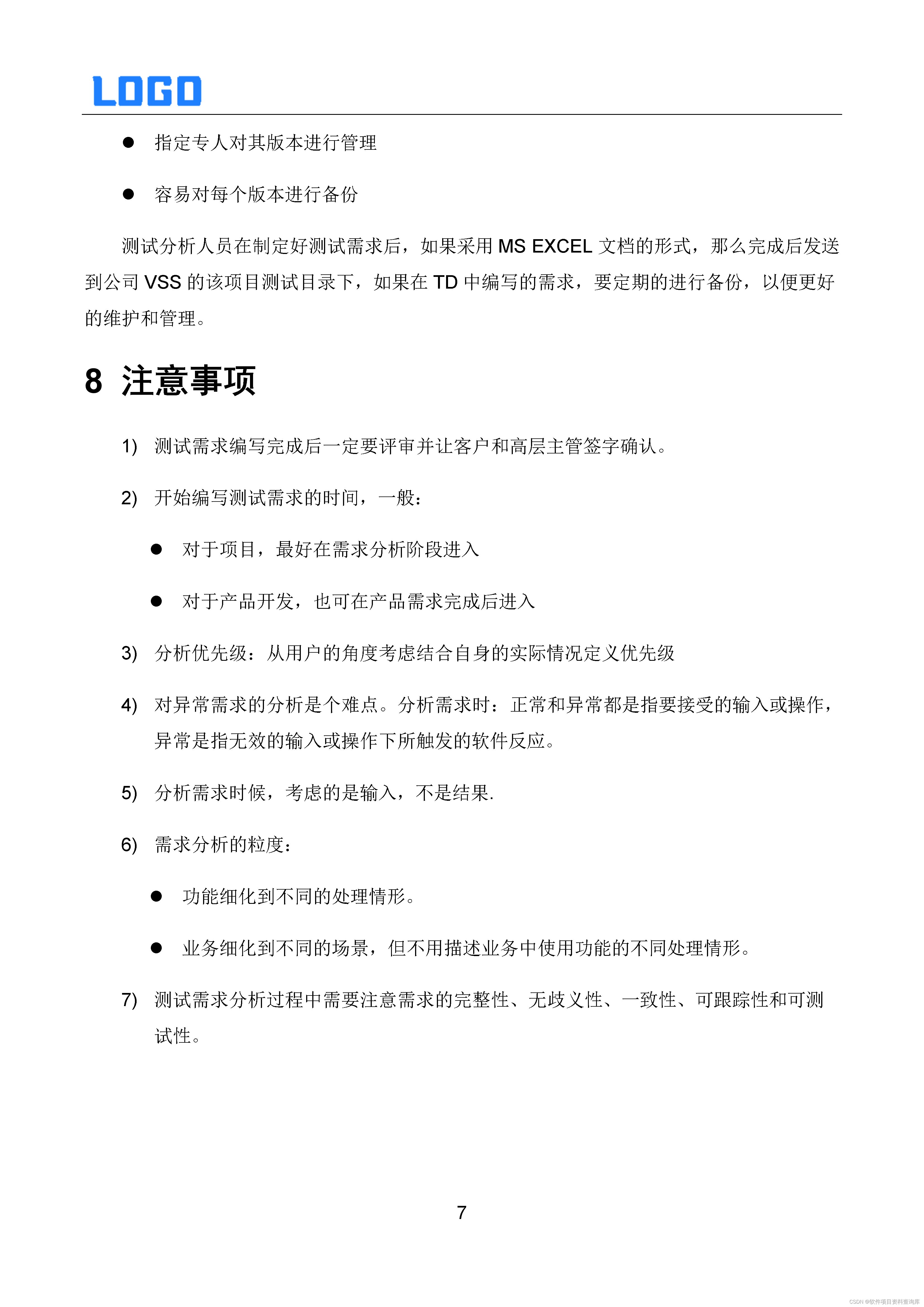

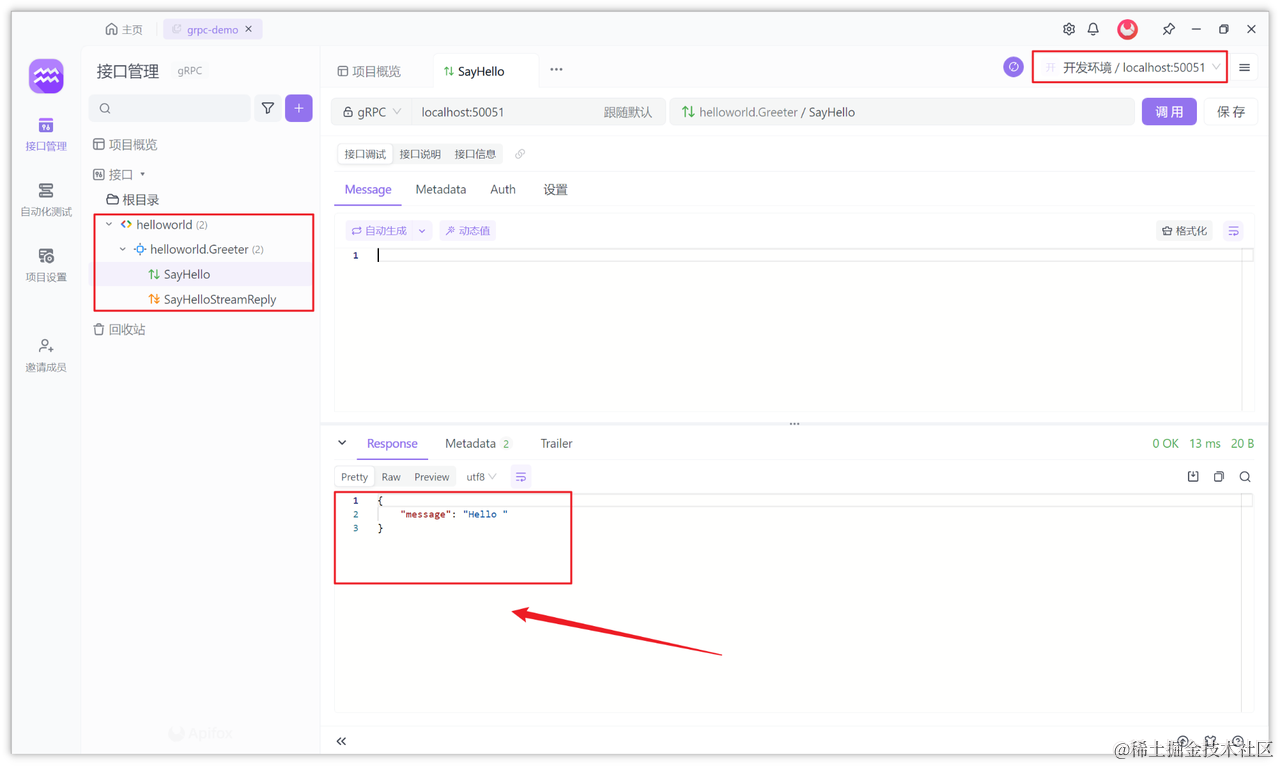
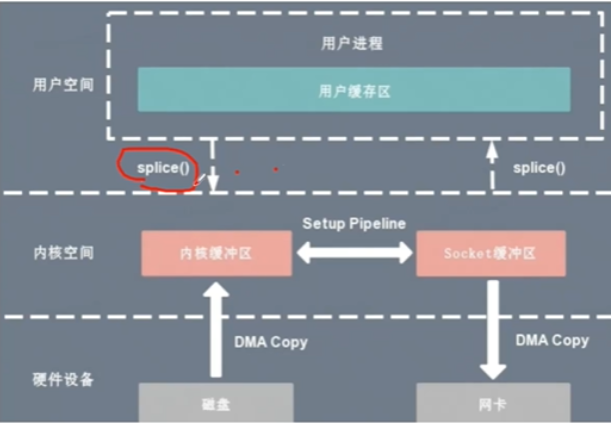

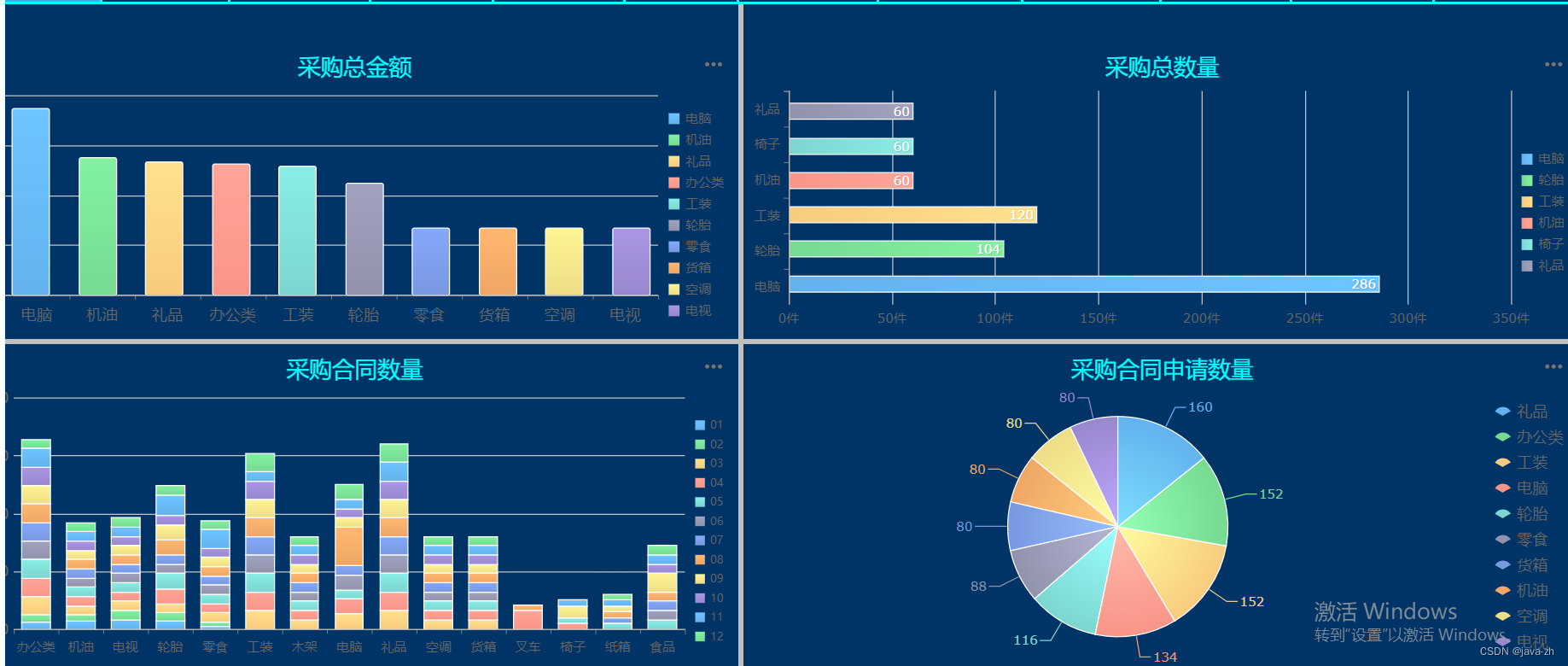



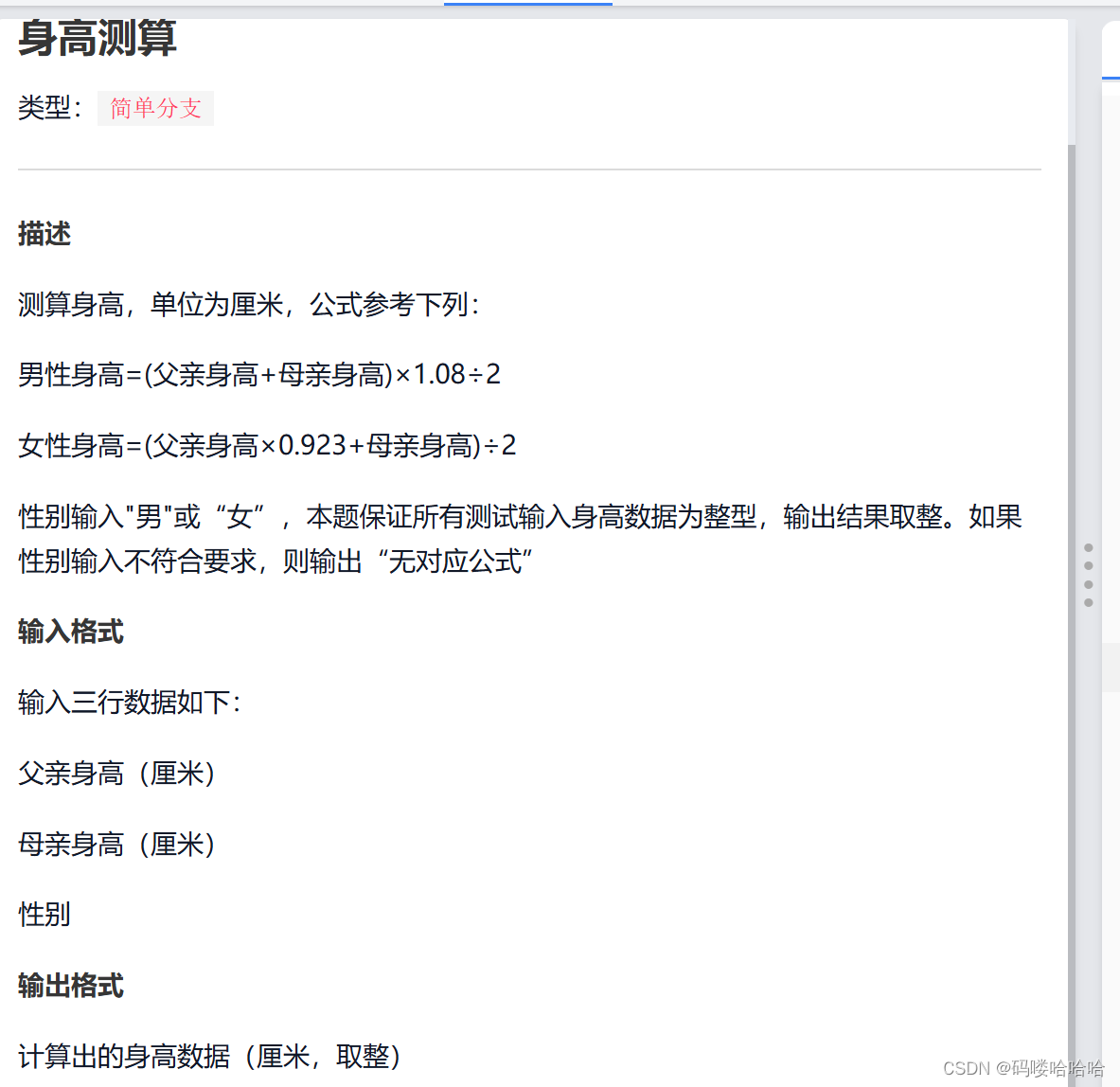
![[Redis]String类型](https://img-blog.csdnimg.cn/direct/ccf71047daa3446a8ec5b5da478814d1.png)

